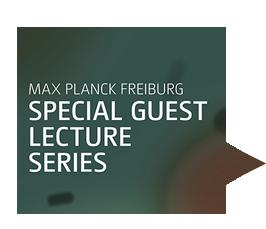Didier Trono – Mobile genetic elements, polydactyl proteins and the species-specificity of human biology
Special Guest Seminar
- Date: Apr 27, 2017
- Time: 01:00 PM c.t. - 02:00 PM (Local Time Germany)
- Speaker: Didier Trono
- School of Life Sciences Ecole Polytechnique Fédérale de Lausanne, Lausanne, Switzerland
- Location: MPI-IE
- Room: Main Lecture Hall
- Host: Andrew J. Pospisilik

CV
After obtaining an M.D. from the University of Geneva and completing a clinical training in pathology, internal medicine and infectious diseases in Geneva and at Massachusetts General Hospital in Boston, Didier Trono embarked in a scientific career at the Whitehead Institute for Biomedical Research of MIT. In 1990, he joined the faculty of the Salk Institute for Biological Studies to launch a center for AIDS research. He moved back to Europe seven years later, before taking the reins of the newly created EPFL School of Life Sciences, which he directed from 2004 to 2012.
Research Interests
The lab of Didier Trono at the EPFL has had a long-standing interest for interactions between viruses and their hosts. This led him and his team in the past to study the biology of pathogens such as human immunodeficiency virus and hepatitis B virus, and to develop virus-based delivery systems for human gene therapy. Over the last ten years, research also has shifted towards the field of epigenetics, to explore the impact of retroelements and their controlling mechanisms on the development and physiology of higher organisms, including humans. Of particular interest is the so-called KRAB’n’KAP system, which comprises some 400 KRAB-containing zinc finger proteins (KRAB-ZFPs) and their cofactor KAP1, and evolved from a line of defense against retroelements to a true master regulator of mammalian physiology.
source: EPFL